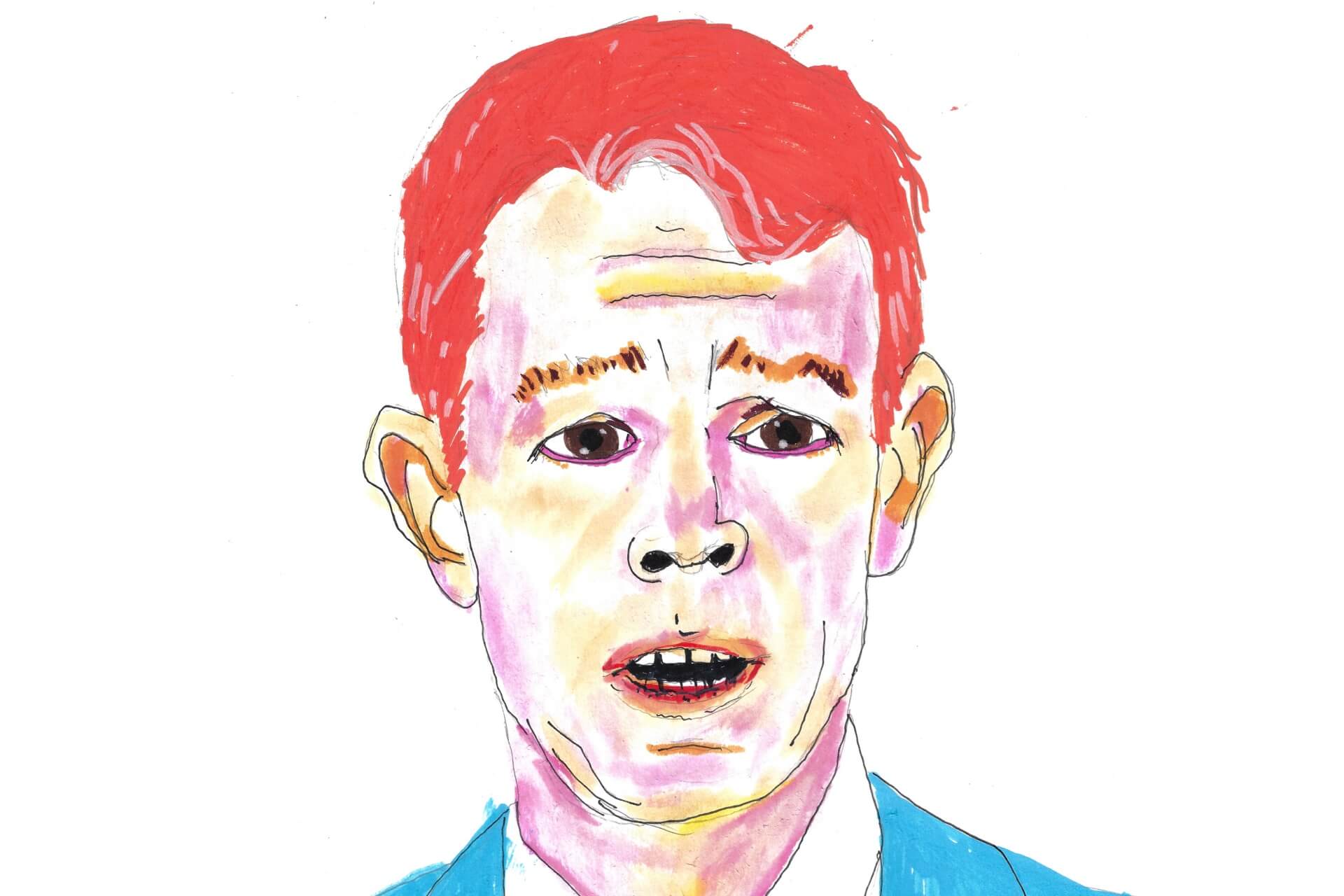Sep 10, 2024 Society
Chris Hipkins is hard to dislike. Chris Hipkins is also hard to like. The former prime minister, and almost certainly the Labour leader to take his party to the 2026 election, is the ‘yeah, nah, yeah’ of New Zealand politics. No one holds too much against him, recognising a devoted father and a very capable politician, and yet no one would necessarily march in the street for his re-election either. He just seems, well, ordinary.
Which is his charm, of course. The same was true for John Key. People understood the former National Party prime minister as just an ordinary bloke, even though his wealth, wits and achievement distinguish him from 99.99% of other people. The same goes for Hipkins. He seems ordinary enough, but underneath the sausage-roll-and-V-for-morning-tea guy is a hyper-ambitious politician cutting a path in the most factional party in Parliament.
The future of the New Zealand left hinges on how those factions negotiate the path forward. Popular history tends to remember Mickey Savage and the First Labour Government as radical, but historians would rightly point out that Savage was — to borrow today’s language — a centrist. Savage’s predecessor as Labour leader, Harry Holland, had spent the grinding postwar years of the 1920s advocating for international socialism. On entering Parliament for a West Coast constituency in 1918, Holland immediately went to work denouncing bosses and their lackeys, pointing to socialist triumphs in foreign countries and designing a programme to dramatically improve wages and conditions through nationalisations and awards. As you can imagine, Holland won few friends in Parliament (even within his own party), and he never won government. His enemies in the Labour Party wrote him off as too radical — even subversive — and when Savage took up the leadership in 1933, the leading opinion in the party was that, if Labour were to win, they had to make their peace with New Zealand capitalism.
And Savage did just that, abandoning revolutionary rhetoric for gentle, Christian appeals to goodwill and charity, the moral responsibility to help those in need, and the policy priority of improving wages and conditions while leaving ownership of the means of production in the hands of existing owners. That peace still defines Labour. The only threat to it, perhaps, came during Norman Kirk’s government, but even then ‘Big Norm’ was cut from a similar cloth to Savage, a spiritual man who possibly understood his policy programme as godly before materialist. In the historical sense, then, Hipkins probably represents the broad ideology of the party. Labour’s role is to govern gently, disciplining only the worst impacts and immiserations of capitalism. It’s from this long view that Hipkins would appear safe as houses — at least until the next election. Is there really another Harry Holland in waiting? Or even a Norman Kirk?
Which isn’t to suggest Hipkins is a Michael Joseph Savage. But the prevailing mood within the grassroots party is somewhere between progressive and radical — Kirk-esque, even. Hipkins’ decision in 2023 to rule out a wealth tax isn’t fatal to his leadership at the next election, but it’s almost certain that party members will force him to adopt such a tax — or a capital gains tax — before 2026. That diminishes his personal authority, and represents vindication for Grant Robertson and David Parker, respectively the finance and revenue ministers at the time. The question for Hipkins is, given his reason in 2023 for ruling out a wealth tax — he felt he couldn’t sell it — can he do it in 2026? Last year, he felt that he couldn’t maintain the prime ministership with such a tax strung around his neck, but over the next two years he probably can’t retain the Labour leadership without one. Party members, and even a significant chunk of the caucus, favour tax reform of some kind.
This is the usual tension that emerges in an opposition Labour Party. The governing Labour Party loses an election: the centrists claim the party went too hard left for too long (to corrupt a Jacinda-ism); the left liberals argue the party went too far right (or did too little). The leader at the time isn’t necessarily relevant to these dynamics. In the Helen Clark government, David Cunliffe was positioned as a highly competent centrist technocrat — which he was and still is — and yet in opposition he positioned himself as a socialist radical (which, paradoxically, he also is… Socialist bureaucratism is a thing). The same can apply to Hipkins. He was a centrist force in the last Labour government, but in opposition he could represent a progressive Labour Party. His personal views are, for the most part, irrelevant — if the party forces him to advocate tax reform then, if he wants another shot at the prime ministership, he’ll have to do it.
In the New Zealand of 10 years ago, taking a wealth tax to the electorate would have been insane. As it was, even the proposed family-home-exempt capital gains tax fared badly, and at the 2014 election Labour went crashing to one of its lowest results ever. But the New Zealand of 2024 is transformed. In 2014, National had one of its strongest, most popular leaders ever (John Key) and now has one of its weakest, least popular (Christopher Luxon). But that’s neither here nor there when economic conditions are tanking. In the end, Chippy might not need to be radical at all. He might just need to sit and wait.






